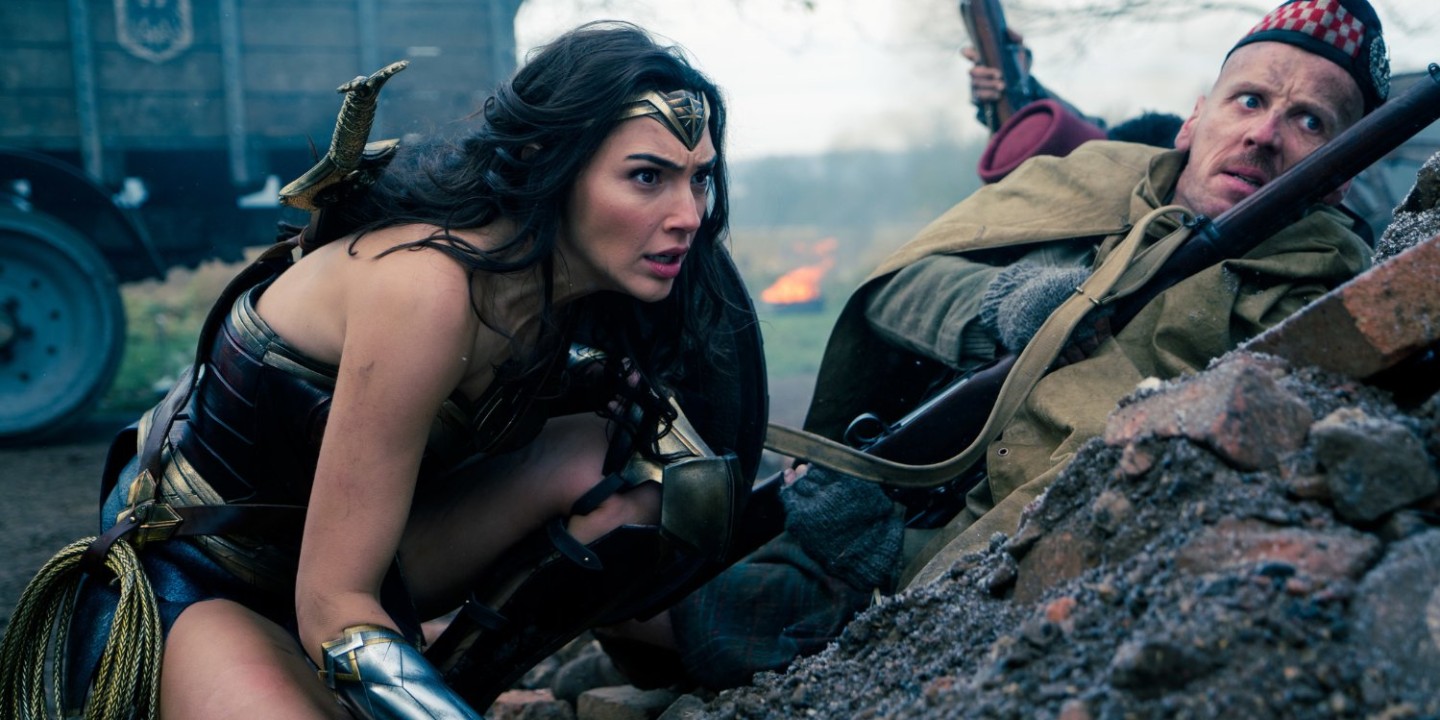
I’ve seen Wonder Woman twice. The second time, I was especially struck by a single moment—a single line.
It comes right after Diana leads the ragtag band of fighters to a significant victory. In the battle, Charlie—a former sharpshooter haunted by his war experiences—is called on to take out a sniper. He can’t do it. He's shaky and uncertain, and he’s unable to pull the trigger when it counts.
The good guys win anyway. That night they celebrate at a bar, where Charlie plays the piano and sings.
The next day when everyone is packing up, Charlie hesitates. He’s going to break off from the group because he doesn't feel useful to them anymore. Charlie has stopped believing that he has anything to contribute.
That's when Diana calls him back. “No, Charlie,” she says. “Who will sing for us?”
Lately I've been thinking a lot about gifts and resources and assets, about what people have to offer and how everyone really is an expert at something. The community where I live and work is pretty cash-poor. There's a lot of folks who don't have many financial resources.
It's so easy to be obsessed with the needs because they are real, they are widespread, and they are not to be dismissed. But the truth is that there are also so many resources here. So many riches. And people have so much to offer apart from money.
There's a line of a Samuel Wells sermon I read recently [.doc download] that has been haunting me: "Poverty is a mask we put on a person to cover up their real wealth. And wealth is a disguise we put on a person to hide their profound poverty.”
Charlie's true worth to the group isn't his sharpshooting ability, the skill that his culture would praise and consider the most valuable. It’s his singing. I love this part of the movie because Diana has the eyes to see that. To look beyond his so-called scarcity and failure, to see the abundance. And when Charlie can’t see it in himself, she does what we do as community: she names it for him. Diana is working with a different set of values. Here she shifts the paradigm, reminding Charlie that he is needed not because of his market value or productivity potential, but simply because of who he is.
If you go, Charlie, who will sing for us?
People's riches are not always immediately evident. Neither is their poverty. In most cases, it requires some digging. It require taking extra care in our relationship-building. A person’s most obvious offering will probably not be their most valuable one. And the most valuable offering will likely run counter to what this capitalistic, market-driven society compels us to cherish.
In most armies, singing is not considered all that useful. Yet in the midst of war, Wonder Woman thinks music is worth keeping around. We need the depth to see beyond what is evident on the surface, the wisdom to redefine what is truly valuable, the courage to cut through the self-doubt and second-guessing, and the clarity to summon each other back when we have started to turn away. And in moments of deep discouragement, we need to look each other in the eye and ask, who will sing for us?



